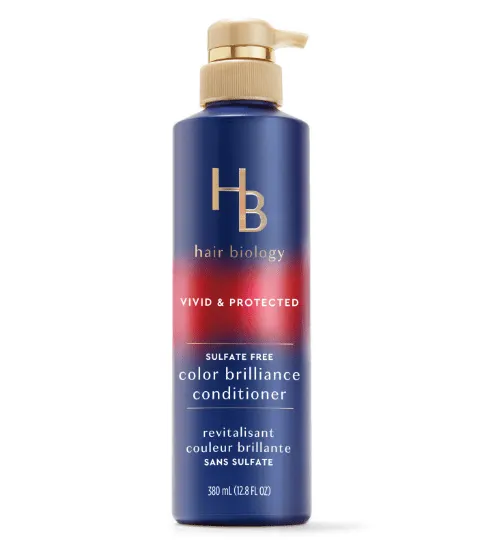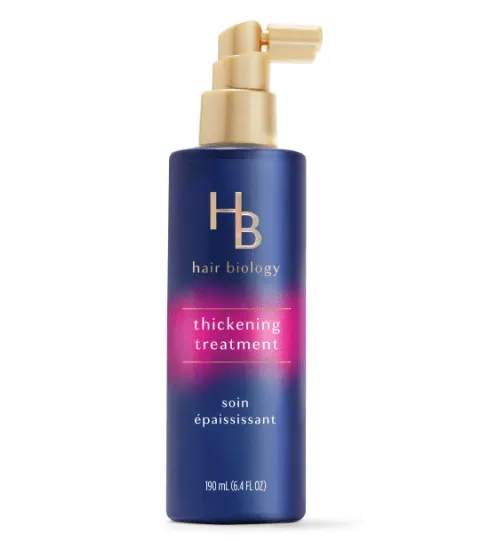Changing up your hair care routine after 50
As we age, hormonal changes, genetics, and even environmental factors can affect the texture, thickness, and overall health of our hair. To keep our hair looking and feeling its best, it’s important that we update our hair care routine to match our ever-changing locks. Find out how to make the necessary changes to maintain your healthy, vibrant hair.
Why does hair texture change with age?
Everyone's hair texture will ultimately change over time due to the natural aging progression of our hair follicles and our biological makeup. For women, going through menopause can become a big factor in causing hair to change due to a change in estrogen levels. During this stage, we may see changes in our hair, becoming thinner, drier, and more prone to breakage. Sunlight, pollution, and even a lack of essential vitamins and minerals can also affect the health and texture of our hair.
Switching to anti-aging hair care products
We know it’s not easy to make big changes to a tried-and-true hair care routine that has done us well over time. However, anti-aging hair care products are formulated to target and reduce the signs of aging hair, such as thinning, dryness, dullness, and breakage. Much like Hair Biology’s unique collections, we suggest looking for a strengthening shampoo for aging hair formulas that are made for hair after 50. Specifically designed for mature hair, a valuable anti-aging product should provide much more than moisture and nourishment, but also add regenerative protection to your hair.
Products that are free of harsh chemicals and parabens will help to prevent your hair from being stripped of its natural oils, that otherwise, could make it more brittle. As for conditioners, it's important to keep your aging hair moisturized. Use a deep conditioning treatment once a week, and consider using a hair oil or serum to keep dry frizzy aging hair at bay.
Achieving hair health over 50
While hair growth may slow down as we age, there are key steps that can be taken to promote healthy hair growth. Eating a balanced diet, staying hydrated, using gentle hair care products and practices, protecting hair from environmental damage, and avoiding excessive heat styling and chemical treatments can all help to keep your healthy hair thriving and strong.
Hair Biology believes you should show off your style while you show your age. Explore our additional collections plus more hair tips, here.

Share














